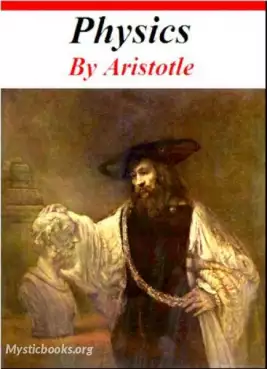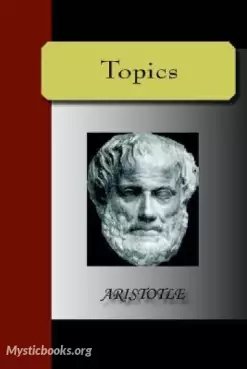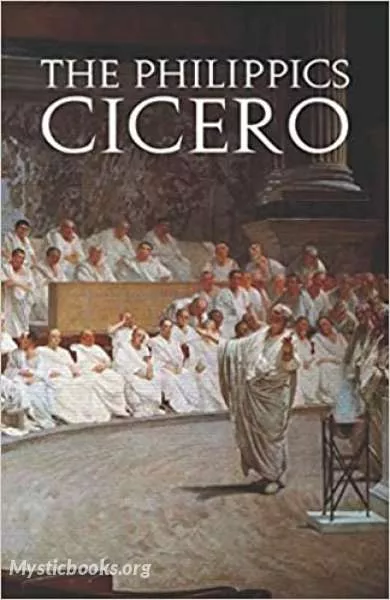
The Philippics
'The Philippics' Summary
The speeches were delivered in the aftermath of the assassination of Julius Caesar, during a power struggle between Caesar's supporters and his assassins. Although Cicero was not involved in the assassination, he agreed with it and felt that Antony should also have been eliminated. In the Philippics, Cicero attempted to rally the Senate against Antony, whom he denounced as a threat to the Roman Republic.
The Philippics convinced the Senate to declare Antony an enemy of the state and send an army against him. However, the commanders were killed in battle, so the Senate's army came under the control of Octavian. When Octavian, Antony and Marcus Lepidus formed the second triumvirate, Antony insisted that they proscribe Cicero in revenge for the Philippics. Cicero was hunted down and killed soon after.
Book Details
Language
EnglishOriginal Language
LatinPublished In
44 BCAuthors
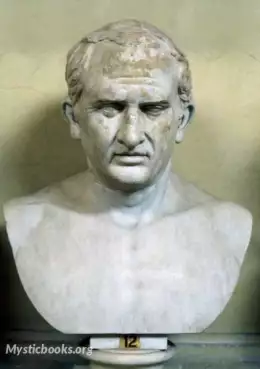
Marcus Tullius Cicero
Roman Republic
Marcus Tullius Cicero was a Roman statesman, lawyer, scholar, philosopher and Academic Skeptic, who tried to uphold optimate principles during the political crises that led to the establishment of the...
Books by Marcus Tullius CiceroDownload eBooks
Listen/Download Audiobook
- Select Speed
Related books
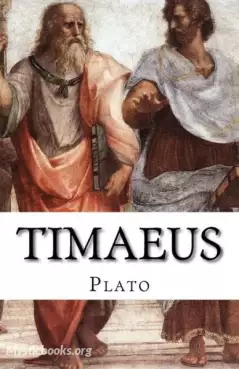
Timaeus by Plato (Πλάτων)
Timaeus is one of Plato's dialogues, mostly in the form of a long monologue given by Critias, written c. 360 BC. The work puts forward speculation on...
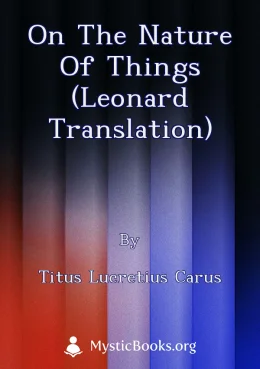
On the Nature of Things (Leonard translation) by Titus Lucretius Carus
On the Nature of Things, composed in the 1st century BCE by Titus Lucretius Carus, encapsulates the core tenets of Epicurean philosophy and science th...
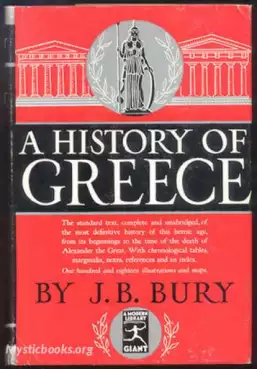
A History of Greece to the Death of Alexander the Great, Vol 2 by John Bagnell Bury
A History of Greece to the Death of Alexander the Great was first published in 1900. It went on to become a standard text in many colleges and was use...
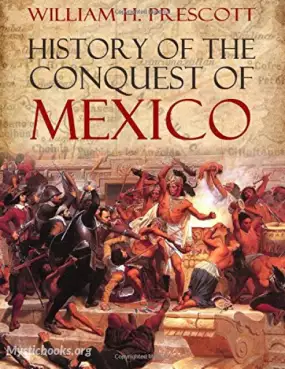
History of the Conquest of Mexico by W.H. Prescott
William H Prescott was an American historian whose sight had reduced him to near blindness, and who had never visited Mexico, yet researched and recon...

A Popular History of France from the Earliest Times, Vol 3 by Francois Guizot
François Pierre Guillaume Guizot was a French historian, orator, and statesman. Guizot was a dominant figure in French politics prior to the Revolutio...
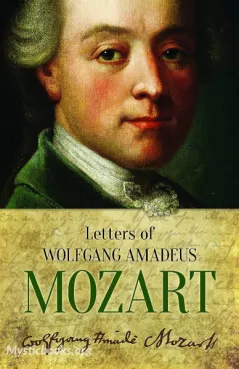
The Letters of Wolfgang Amadeus Mozart, Vol. I by Wolfgang Amadeus Mozart
Step into the private world of one of history's greatest musical minds with "The Letters of Wolfgang Amadeus Mozart, Vol. I." This captivating collect...

A Popular History of France from the Earliest Times, Vol 1 by Francois Guizot
François Pierre Guillaume Guizot was a French historian, orator, and statesman. Guizot was a dominant figure in French politics prior to the Revolutio...

Greek Athletics by Frederick Adam Wright
The history of Greek athletics as it pertains to the Olympics. Describes various activities such as boxing, wrestling, etc. and accounts from witnesse...
Reviews for The Philippics
No reviews posted or approved, yet...
